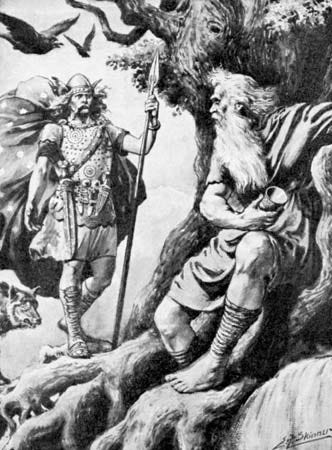A good friend asked me today what exactly I had admired in the person who recently questioned my loyalty. The irony wasn’t lost on me—I had felt betrayed. I paused, trying to hold the contradiction in my mind. Then I described their charisma, their presence, the way they could effortlessly hold a room. They had that rare magnetism—the kind that pulls people in and keeps them hanging on every word.
And then my friend hit me with a question I wasn’t expecting:
“Were those qualities actually valuable to you? Did they enrich your life, support your growth, or make you a better person?”
Oof. That one landed. Because when I really thought about it… the answer was no.
This realization stopped me in my tracks.
Why had I been so drawn to this person in the first place? And then it hit me: these were the same traits I’d admired in my father. Charisma. Influence. That larger-than-life presence. From an early age, I’d learned to pedestalize those qualities, which I wished I had more of. And without even realizing it, I had projected that same ideal onto someone else—someone who, in hindsight, didn’t actually deserve it.
But here’s where it gets tricky: The person I pedestalized never asked for it. They didn’t beg to be seen as extraordinary. But whether we realize it or not, people feel when they’ve been idealized. It shifts the energy in a relationship. It creates unspoken expectations. And depending on the person, it can lead to one of two things: mutual appreciation—or an unbalanced dynamic where one person holds power, and the other unconsciously gives it away.

Looking back, I can see that I was the one who opened the door to imbalance. By placing this person on a pedestal, I was more willing to overlook certain red flags. I softened my boundaries. I wanted to believe in the version of them I had created in my mind.
But here’s the thing about pedestals: once you stop feeding them, they tend to collapse.
When I started seeing this person more clearly—when I reclaimed my own perspective and began setting firmer boundaries—things shifted. It’s not that I took something from them. I just stopped offering up an idealized version of them on a silver platter. And that change in dynamic? It didn’t go unnoticed.

My friend then pointed something out that stuck with me: I’m a different kind of leader. My power isn’t in commanding a room or projecting certainty. It’s in balance—yin and yang, presence and openness, space-holding instead of dominance. And the people who resonate with me? They aren’t looking for someone to follow blindly. They value something deeper: real connection, mutual growth, authenticity. That realization shifted something in me. I had spent so much time admiring a leadership style that wasn’t even my own.
I won’t pretend to know exactly why things unfolded the way they did. People are complex. But I do know this: when someone is used to being seen a certain way—especially if their sense of self is wrapped up in that admiration—your clarity can feel like a threat. And sometimes, what happens next isn’t pretty.
I’m sharing this not to dwell in past betrayals, but to illuminate the hidden dynamics that often shape our relationships and our lives.
The Stories We Tell Ourselves
At its core, this isn’t just about one specific relationship. It’s about the way our minds work—the hidden stories running in the background, shaping who we trust, who we admire, and who we give power to.
Our brains have a built-in narrator, something called the Default Mode Network (DMN). It creates meaning from our experiences, connecting past and present in ways we don’t always notice. If we grew up admiring certain traits, we’re more likely to seek them out again—even if they don’t actually serve us. And if we’re not aware of these patterns, we’ll keep repeating them, over and over, like a script we don’t even know we’re following.
But here’s the good news: once we see the story, we can start to rewrite it.
This is what fascinates me—how the subconscious shapes not just our personal relationships, but the world at large. These little unspoken assumptions don’t stay personal. They ripple out into society, reinforcing larger cultural narratives about power, trust, and leadership. They become part of the collective unconscious, shaping the way we see the world without us even realizing it.
And that’s exactly what I’ll be diving into next.
In my next post, I’ll break down how our storytelling mind drives our hidden narratives, how trauma locks us into unhealthy patterns, and—most importantly—how we can shift these stories from the inside out. Because when we change the way we see, we change what’s possible.
And real clarity isn’t about seeing more—it’s about seeing through.




This was such a great read. You are a wonderful writer/storyteller! It's funny, I also have a tendency to idealize traits in other people that remind me of my father. We often idealize the things we either miss or lacked from a parent. In therapy, I learned about transference and countertransference which made a lot of sense and that awareness allowed me to stop doing that. Because each person is different, even if they remind us of another and we miss out on the opportunity to truly see them when we bring emotions and history from another. One of the people I put on a pedestal, sensed it and immediately told me, "If you meet the Buddha on the road, kill him." I didn't understand what that meant at the time but once the cracks started to show, it became clear and ended in betrayal.